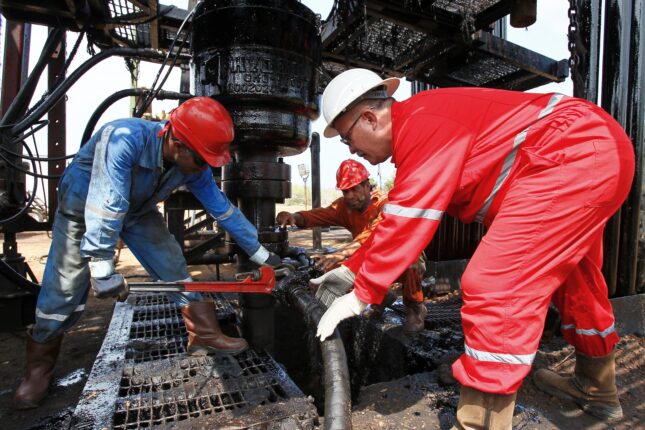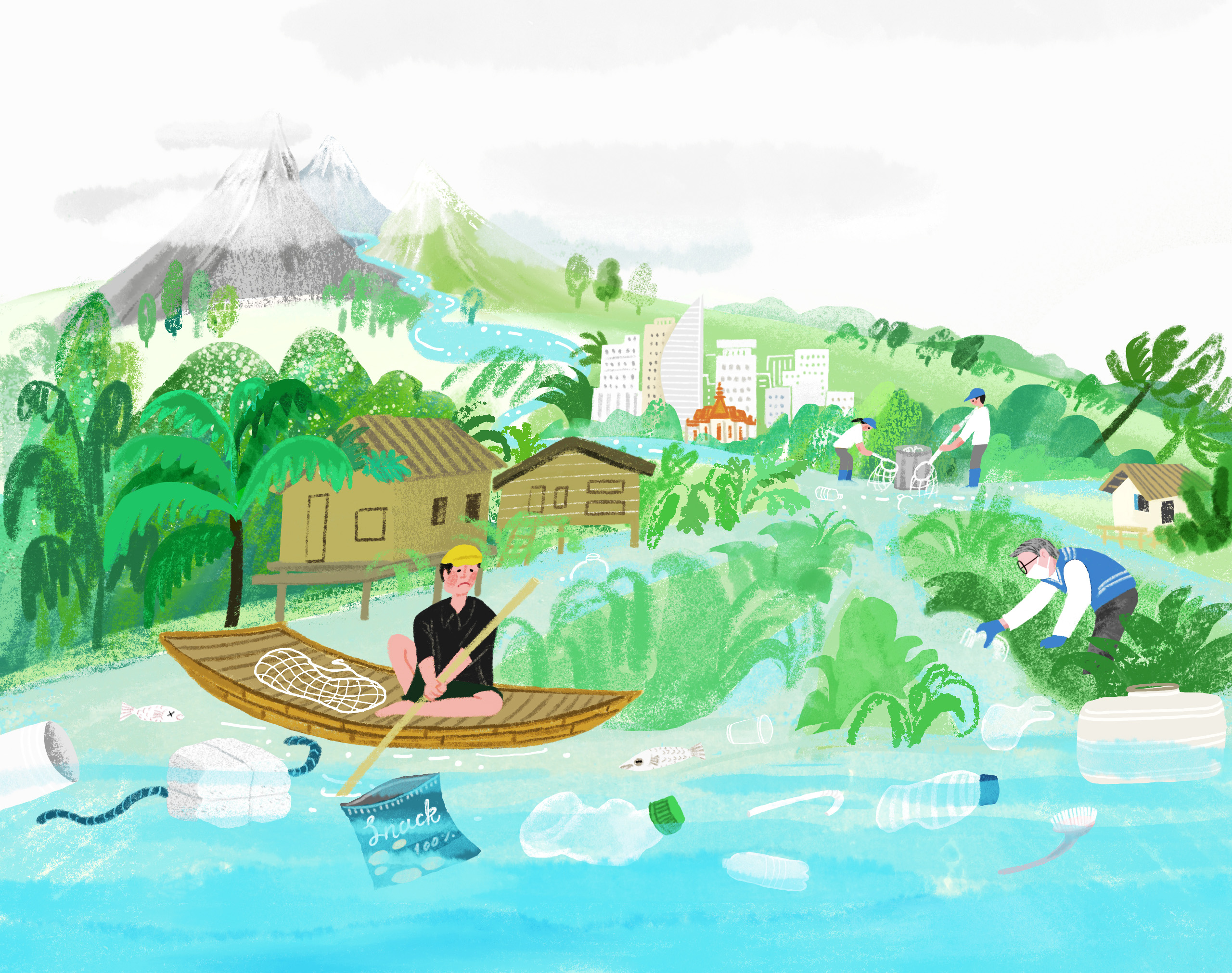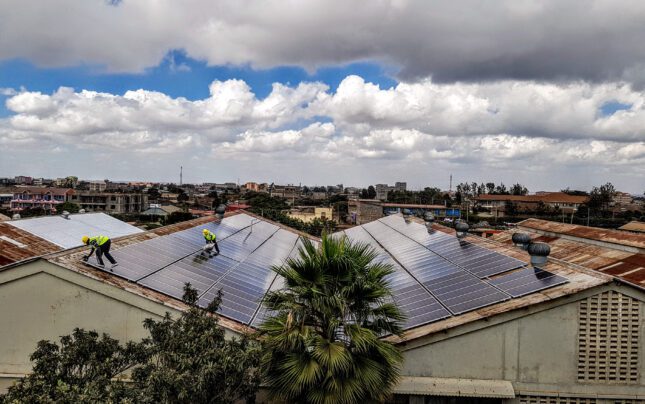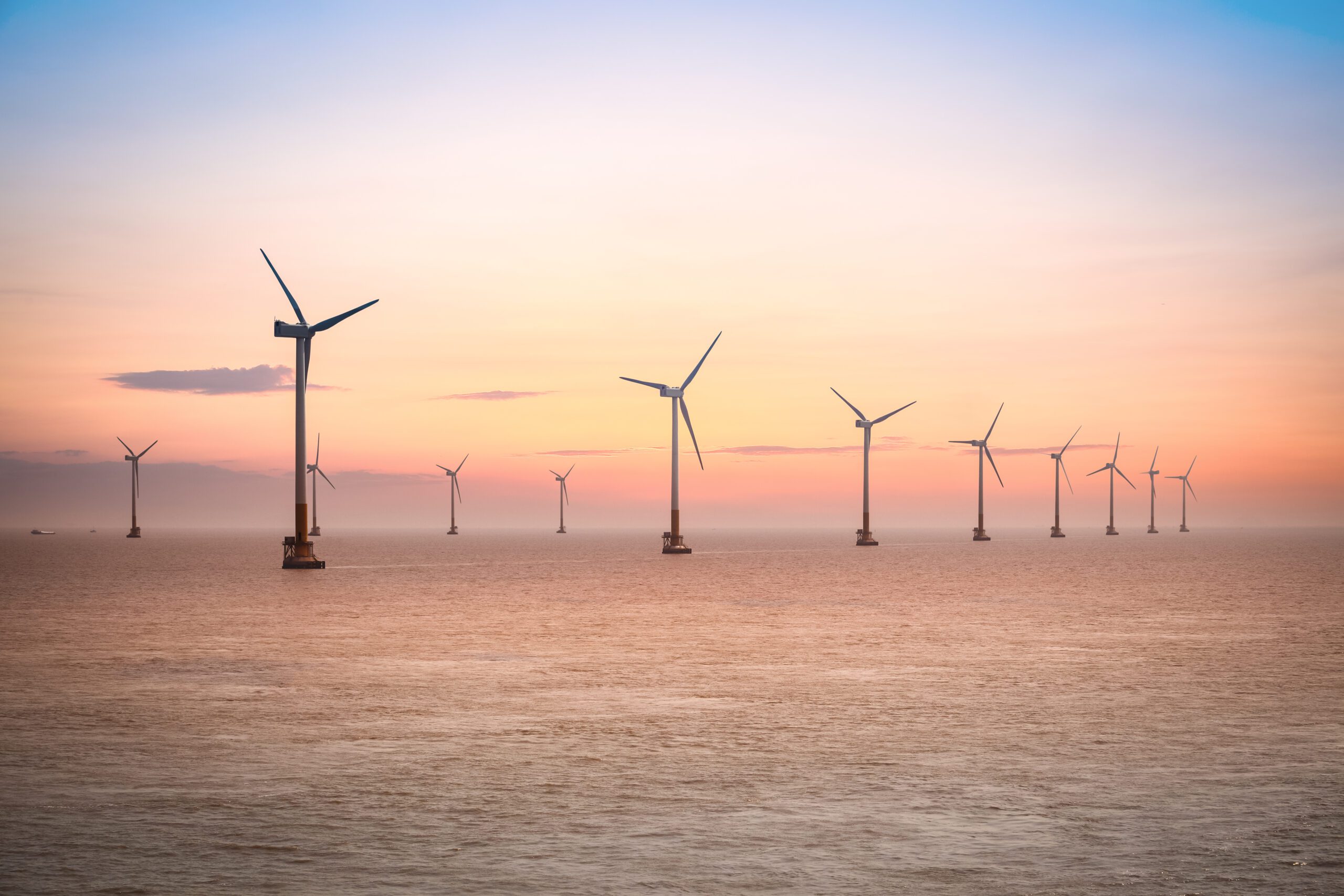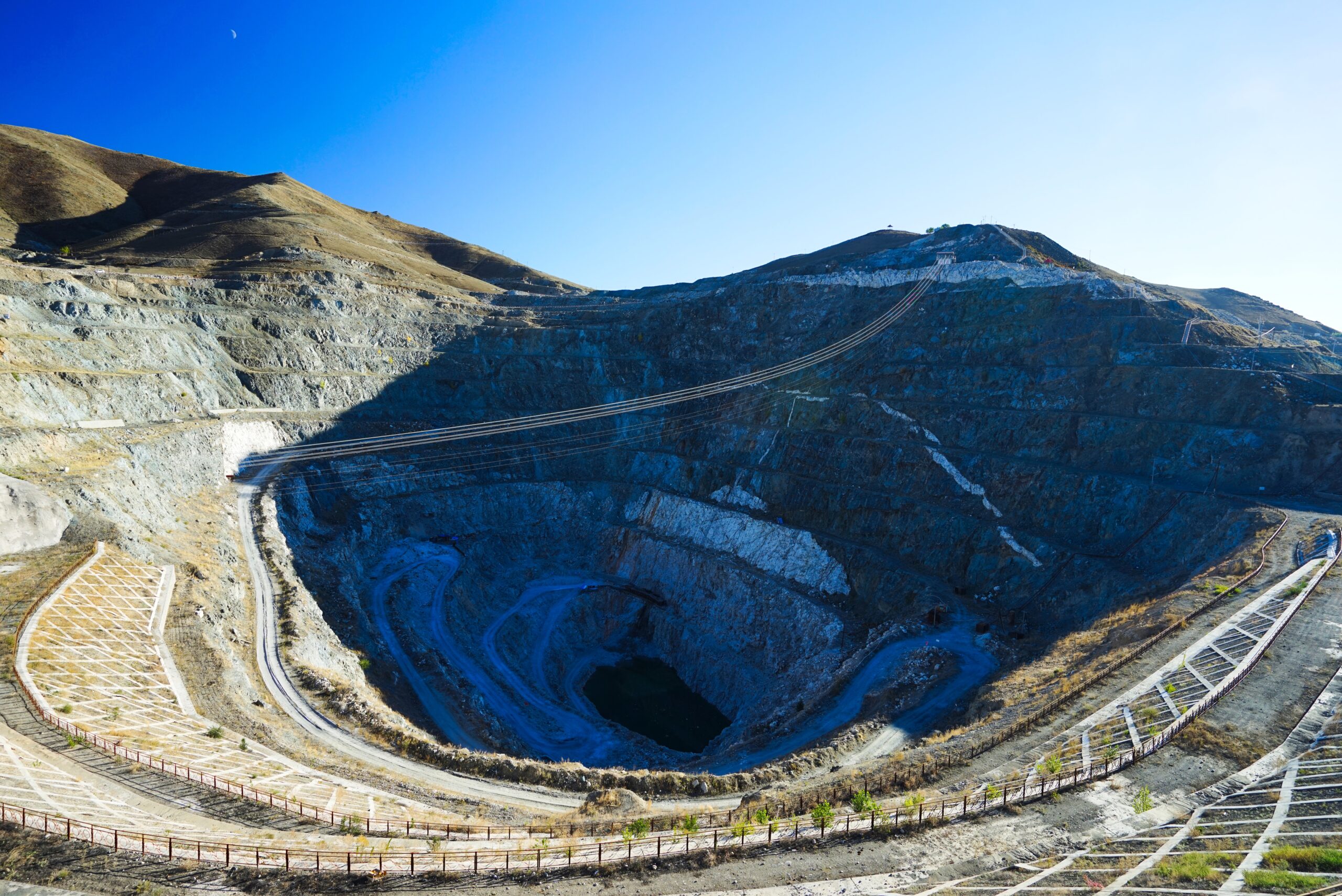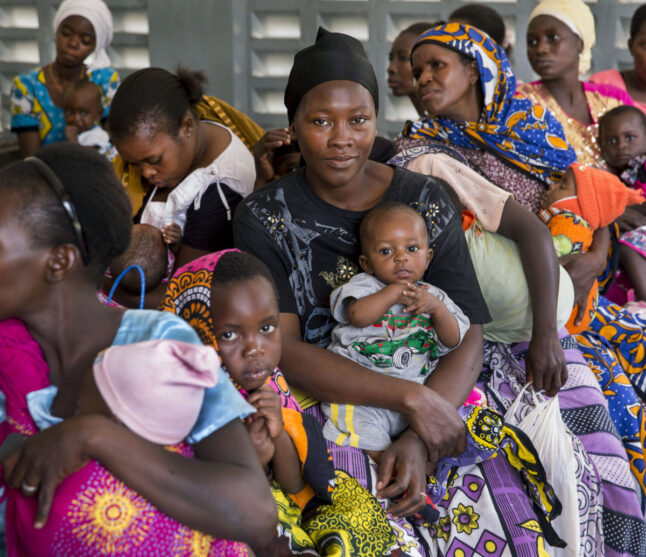-
Guest Contributor
Classic Geopolitics and Today’s Nexus of Conflict and Climate
MORE
In recent weeks, users of the social network Bluesky were able to watch a compelling video featuring Jessica Newberry Le Vey—a Climate Change and Health Policy Fellow at Imperial College’s Climate Cares Centre. The video begins with Le Vey’s direct-to-camera assertion that the climate crisis is a health crisis affecting people around the world. Then Le Vey’s image disappears—yet we hear her (or someone who sounds eerily like her) speak over a compendium of combat footage that includes video of ATACAM missiles being fired and larger strategic missiles on the move. Climate is important, declares the speaker, but there are more serious problems that threaten our security.
-
Guest Contributor
Low-Carbon Transitions: A Spur (and a Solution) to Colonial Violence?
MORE
At the recent G20 meeting in June 2024 in Rio de Janeiro, United Nations Secretary General António Guterres gave an ominous warning: “Unless we limit global temperature rise to 1.5 degrees Celsius, spiraling disasters will devastate every economy.” Guterres implored governments to “speed-up the just transition from fossil fuels to renewables,” and declared that “the end of the fossil fuel age is inevitable.”
-
Guest Contributor
The Traumas of Unplanned Decarbonization in Fragile States
MORE
It is widely recognized that oil states are rarely democratic, and often conflict-prone. As these governments wind down their dependence on this toxic resource as part of broader global efforts to decarbonize, one might imagine that the end of oil will spell a better future for the citizens of oil-producing countries. Sadly, a look at the cases of fragile fossil fuel producing states (FFFPs) suggests that this may not be the case.
-
China Environment Forum // Guest Contributor // Vulnerable Deltas
The Struggle Against Plastic Choking the Mekong
China Environment Forum // Guest Contributor // Vulnerable Deltas // December 19, 2024 // By Anton L DelgadoMOREOn Son Island in Vietnam’s Mekong Delta, Le Trung Tin scatters fish feed into his ponds, where dozens of snakehead fish leap through the surface in synchronised bursts. “I taught them how to do that,” he says proudly, tossing another handful of feed at his fish.
The scene looks idyllic, but Le’s fish farm is a reluctant response to an escalating crisis. For decades, he made his living fishing the Hau River, a distributary of the Mekong. But in recent years, plastic waste clogged his nets and strangled the fish. “I had no choice but to stop,” he says. “Everything was tangled – trash, nets, even the fish themselves. It was hopeless.”
-
China Environment Forum // Guest Contributor
US-Africa Energy Development: An Opportunity for the Trump Administration?
China Environment Forum // Guest Contributor // December 12, 2024 // By Kalim Shah & Etchu TabenyangMORE
While traditional fuels likely will remain part of Africa’s energy portfolio for some time to come, the fossil fuel industry does face strong headwinds from a continuing global march towards alternative sources of clean energy. Indeed, the energy poverty experienced by nearly a billion Africans seems incomprehensible given the combination of massive untapped oil and gas resources, as well as available hydropower, solar and wind potential across the continent.
-
China and the Global Energy Transition // China Environment Forum
China’s Offshore Wind Blows Away the Competition, For Now: Q&A with Trivium China’s Cosimo Ries
China and the Global Energy Transition // China Environment Forum // November 7, 2024 // By Man-Hsuan LinMORE“The size and power output of China’s new offshore wind turbines are remarkable. We are talking about turbines almost 200 meters tall, with blades spanning the length of a football field. The amount of electricity they can generate is staggering.” enthused Cosimo Ries from Trivium China, who is a clear “fan” of offshore wind. And China’s turbines are getting bigger. The Dongfang Electric Corporation just rolled the world’s largest single-capacity offshore turbine (26MW) off the production line in Fujian Province this October.
-
China and the Global Energy Transition // China Environment Forum
Mine the Tech Gap: Why China’s Rare Earth Dominance Persists
China and the Global Energy Transition // China Environment Forum // August 29, 2024 // By Nayan SethMOREIn 2019, at the height of the trade war with the United States, Chinese President Xi Jinping visited a rare earth magnet factory in Jiangxi Province. At the time, the visit was interpreted as “muscle flexing” by China’s leader to remind Washington of its dependence on Beijing for the supply of rare earths. Rare earth elements (REEs) – a group of 17 critical metals – are indispensable components in military defense systems, consumer electronics and renewable energy technologies. Despite more than a decade of sustained efforts by Western countries and companies to loosen China’s grip, Beijing, by far remains the top player in the REE global mining, processing and refining sectors.
-
Dot-Mom
Moving Beyond Fertility Targets
MORE
We’re often told that we’re living during a population crisis, a time of simultaneous concerns born of too many people to sustain necessary resources for a healthy planet, and too few working-age people to support a healthy economy. Population dynamics and trends are key to national and international security and contribute to the overall wellbeing of a society. Fertility, along with mortality and migration, is central to population and its importance to demographers, policymakers, economists, and a country’s development is without question. But focusing on population trends without considering the experiences of the billions of individuals who make up those trends—each with a unique life course, personal aspirations, and individual potential—establishes an unhealthy and dangerous tension that can strip women of their rights and leave them socially disenfranchised.
 A Publication of the Stimson Center.
A Publication of the Stimson Center.


